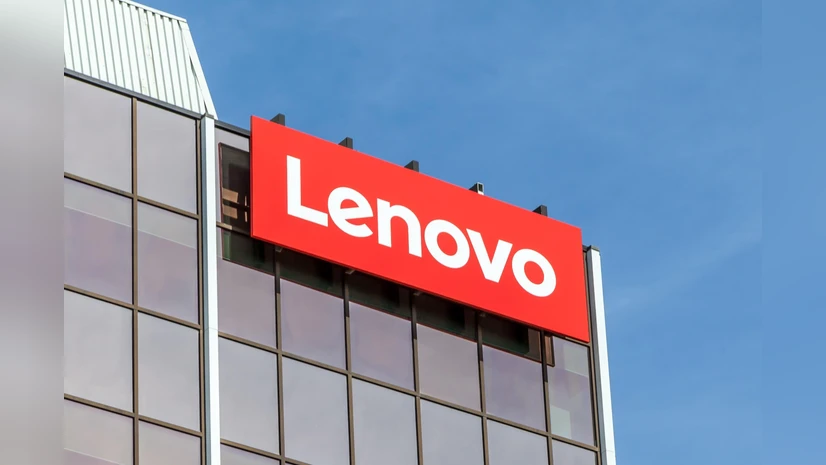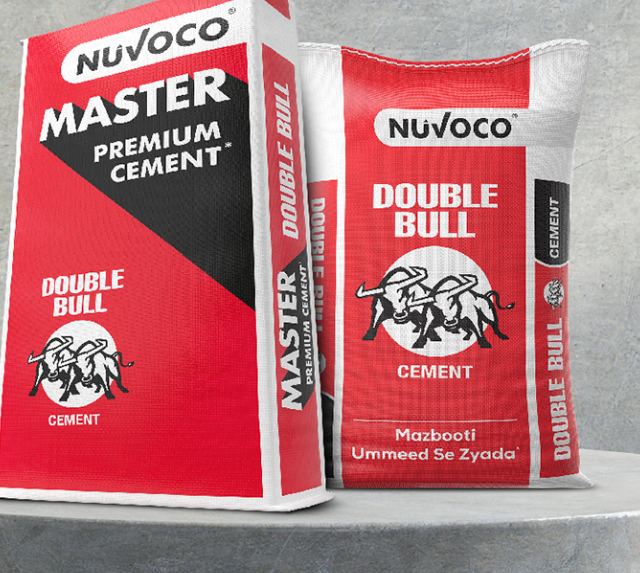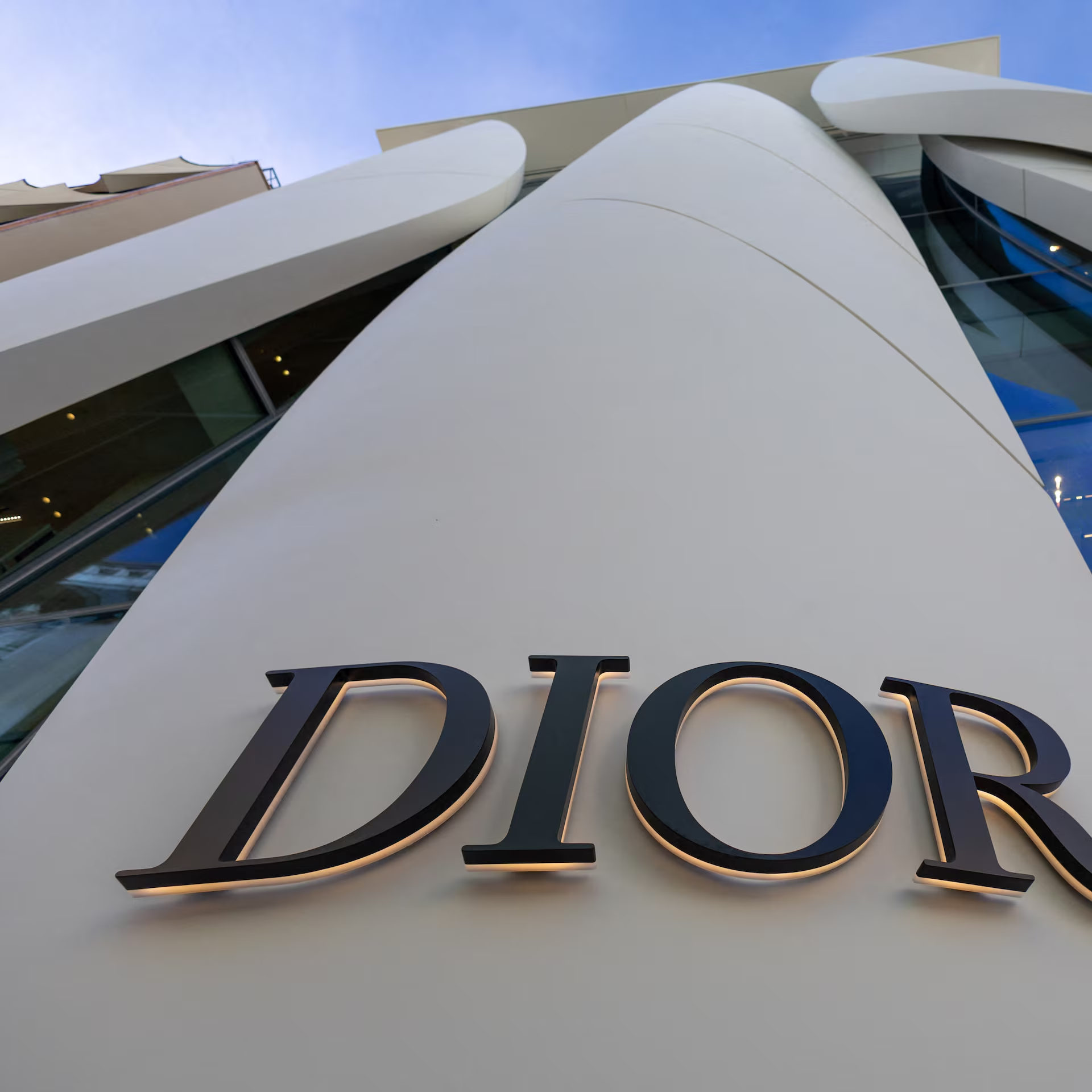Lenovo Group delivered robust revenue growth in the first quarter of fiscal year 2025-26, with total revenue rising 22% year-on-year to USD 18.8 billion and net income more than doubling to USD 505 million. On a non-HKFRS basis, adjusted net income increased 22% to USD 389 million, reflecting the company’s focus on underlying operational performance.
All three of Lenovo’s core business units posted double-digit revenue growth, though profitability showed signs of pressure. Group gross profit margin declined to 14.7% from 16.6% a year earlier, highlighting rising costs and competitive pricing strategies aimed at maintaining market share.
Business Unit Highlights
- Intelligent Devices Group (IDG): Revenue increased nearly 18% to USD 13.5 billion, with AI-powered PCs representing over 30% of shipments. Lenovo maintained its position as the world’s largest PC maker, achieving a record 24.6% market share. Smartphone revenue grew 14% to USD 2.2 billion, led by strong demand for the Motorola Razr foldable line.
- Infrastructure Solutions Group (ISG): Revenue jumped 36% to USD 4.3 billion, driven by AI infrastructure demand and growth in liquid cooling solutions. Heavy investment in R&D and market expansion, however, compressed short-term profitability.
- Solutions and Services Group (SSG): The unit recorded its 17th consecutive quarter of growth, with revenue up 20% to USD 2.3 billion and operating margins above 22%.
Lenovo continues to report non-HKFRS results, which exclude non-cash items related to warrants and convertible bonds. These adjustments, expected through FY2027/28, aim to provide a clearer view of operational performance but create a divergence from official accounting measures.
Chairman and CEO Yuanqing Yang emphasized Lenovo’s “resilience and flexibility” in navigating geopolitical uncertainties and tariff volatility. Nevertheless, the company remains exposed to global market risks, particularly due to its China manufacturing base and reliance on the domestic market.
Focus on AI and Long-Term Strategy
Lenovo’s hybrid AI strategy remains central, though conventional PCs continue to contribute the majority of revenue. Analysts note that AI PCs, while growing, still represent less than one-third of shipments, and the pace of adoption will be critical in translating AI momentum into sustainable profitability.
The company also faces margin pressures from significant investments in AI infrastructure, R&D, and ecosystem development, which could impact earnings if market growth slows. Looking ahead, Lenovo plans to expand AI product offerings, enhance operational efficiency, and pursue sustainability objectives, including achieving net-zero greenhouse gas emissions by 2050.
Partner With Us
Want to feature your brand, business, or service on 365247 — Whether you’re looking to sponsor, collaborate, or build presence within our ecosystem, we’d love to explore it with you.
Submit your Interest Here
IMAGE: Shutterstock


